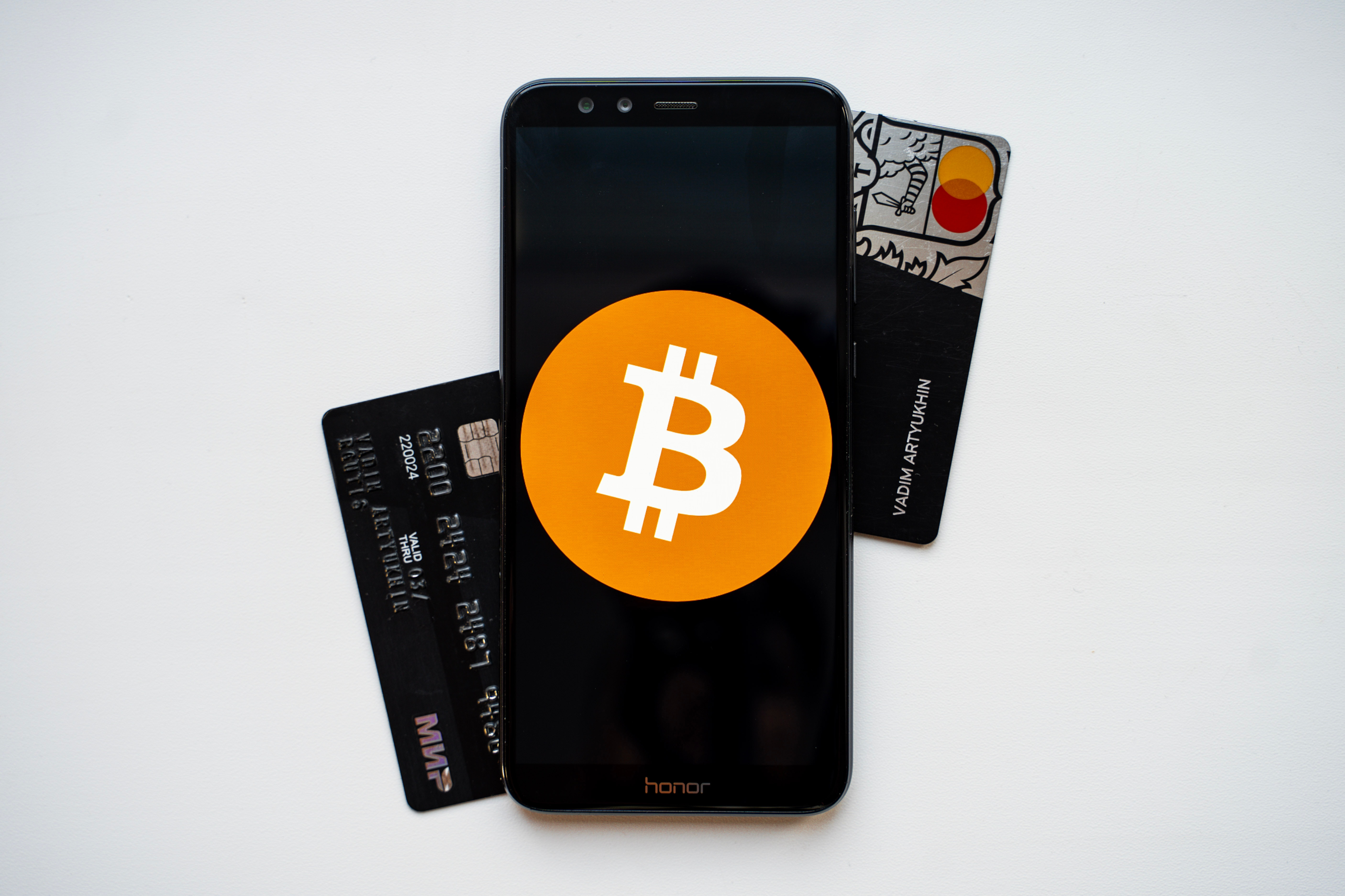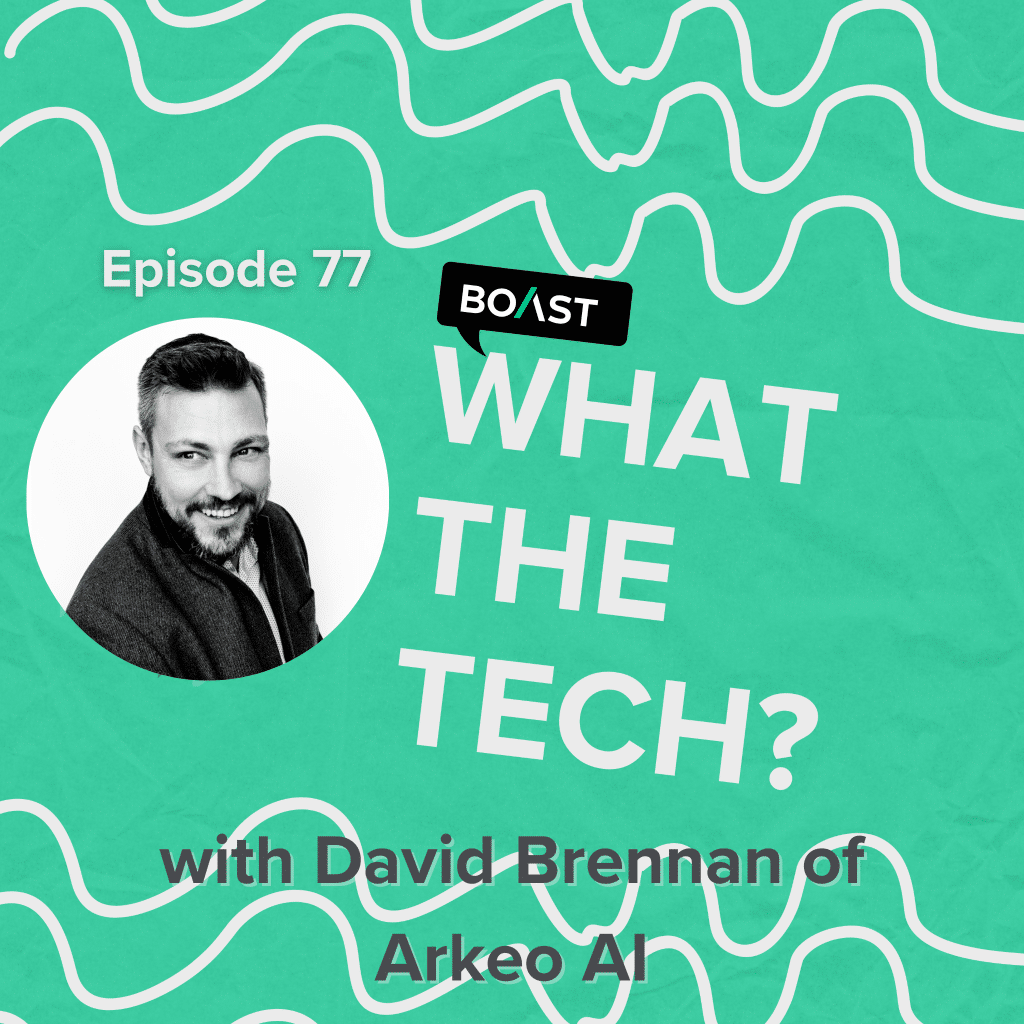Let’s take a look at some of the influential people in the crypto industry. These individuals are instrumental in building and growing the industry—and influencing how the community is driving revenue and growing globally.
Satoshi Nakamoto

Satoshi Nakamoto is the presumed pseudonym for the individuals instrumental in the development of Bitcoin (BTC). Nakamoto’s name is commonly associated with Bitcoin, but the actual representative of his name has never been found. In 2008, a paper titled, “A Peer-to-Peer Electronic Cash System,” became the foundation for the future crypto model and blockchain network.
The inability to put a face to the name has resulted in much speculation as to Satoshi Nakamoto’s identity, especially as the popularity and user base of cryptocurrencies rise. It’s estimated that his stakes in Bitcoin are around 1 million, which may exceed a value of $50 billion.
Nick Szabo

Nick Szabo is a cryptographer, computer scientist, and legal scholar known for his work in digital contracts and digital currencies. In 1998, Szabo proposed the development of a mechanism for a decentralized digital currency called Bit Gold. In the end, Bit Gold was never brought to fruition, but many view it as a precursor to Bitcoin.
The term “smart contracts” was coined by Szabo in 1994. He envisioned the standardization of contracts for synthetic assets such as derivatives and bonds. Many of the predictions and mechanisms discussed in his papers have come true through blockchain technology.
Sam Bankman-Fried

Sam Bankman-Fried is the founder and CEO of the cryptocurrency exchange FTX. Created in 2019, FTX has become one of the leading exchanges for buying and selling crypto derivatives under the motto, “built by traders for traders”. FTX proved to be the fastest-growing crypto exchange of 2021. Outpacing all other major cryptocurrency exchanges in the industry, with over a 1500% increase in user registrations.
According to a Forbes (Google) ranking, Bankman-Fried became the world’s wealthiest billionaire under 30, with a net worth of $22.5 billion. Bankman-Fried has gained notoriety for his future-focused philanthropic philosophy towards his wealth. He believes in “earning to give” as a central philosophy to his success. He has intended to keep enough money to live a comfortable life while giving the rest away to charities.
Michael Saylor

Michael Saylor is the co-founder and CEO of MicroStrategy. MicroStrategy provides business data intelligence, mobile software, and cloud-based services. Saylor became a major proponent in the crypto community in 2021 after he led his company into the purchase of bitcoin in august 2020. He became an advocate of the institutional adoption of cryptocurrency.
Becoming among the most outspoken individuals about the future benefits of crypto, and publicly promoting bitcoin he has been open about the extent of his asset acquisition on Twitter. His company MicroStrategy also proves to never miss opportunities to buy Bitcoin during dips. The business now owns about 129218 digital tokens of bitcoin valued at around $6 billion.
Changpeng Zhao

Changpeng Zhao is the founder and CEO of Binance, the largest cryptocurrency exchange in the world. Considered a heavyweight in the space of cryptocurrency and digital assets, Zhao has proven deeply influential in many aspects of the industry. For example, providing funds for new startups, and offering a reliable platform for crypto trading. Zhao, the CEO has been noted as having incubated hundreds of crypto projects in more than 25 countries.
Binance has seen major success recently with its acquisition of an 18% stake in private securities exchange HGX. Zhao and Binance also gained regulatory approval from authorities in Canada and Bahrain extending its user access to more countries.

What Percentage of People Own Crypto?
A problem with crypto is the integration of digital money, into more common everyday usage and to create a more diverse use of the technology for everyday users. For example, making simple payments.
A major hurdle is to explain the functionality and benefits of crypto to those who have no understanding or belief in its paradigm-shifting capabilities.
It’s hard to gather a clear estimate of the percentage of cryptocurrency holders. Some may only dabble and hold increments of coins without any real investment or knowledge of the industry. Measuring by Bitcoin wallets is difficult as individual users may hold multiple wallets, although surveys show an average of 21% of American adults having traded or invested in crypto.
The utilization of the blockchain and crypto is growing in variation, usage, and mainstream appeal. Financial data analysts predict that the blockchain market value will grow by 36.7 billion U.S. dollars by 2025 at a compound annual growth rate of 68.34%.
The interest in the blockchain market will only increase as its perceived value also shows to be rising. Investors and users will surely follow.

Total Market Capitalization
Each cryptocurrency has limits to what can be mined from them. There needs to be a finite number of coins to ensure their value, but depending on a coin’s market cap its value can be at risk of swinging due to volatility.
Market cap proves to be a measure of growth potential for crypto, and its perceived safety of investment compared to other coins. Some currencies aim to have larger market caps to prevent large sways in valuation. There are also stable coins that act on valuation the same way as fiat currency.

Bitcoin Cash
Bitcoin cash is an offshoot created to accommodate a larger block size. Aiming to allow more transactions into a single block. This alleviates the problems of scalability that came when Bitcoin became more of a vehicle for investments than actual money. This became a necessity as Bitcoin transactions became cumbersome and time-consuming.
So much so that companies were designed to be workarounds to this delay such as Lightning Labs. A coin using a larger block size provides a less volatile and more stable form of cryptocurrency – which would be more usable as a form of payment.

Bitcoin Wallet
Utilizing a device or program to store and send Bitcoins over the internet, aims to replace traditional currencies with cryptocurrency. Usage of cryptocurrency will give access to users’ funds more easily. Although it’s not widely accepted across the world as legal money and government bodies are attempting to regulate cryptocurrency, it doesn’t mean it’s going to be denied as mainstream currency in the future.
For example, President Nayib Bukele of El Salvador has made his country the first to accept Bitcoin as legal tender. The president went as far as to build 20 Bitcoin schools and a mining facility. His goal is to build a city powered by the world’s largest cryptocurrency.
Nigeria is another country to accept cryptocurrency. Although they banned bank trading of cryptocurrencies, they were the second country after the Bahamas to launch a central bank digital currency with their crypto called eNaira.
In both examples, everyday payments are easily accessed in their respective country from a user’s Bitcoin wallet. As blockchain technology gains popularity and usage capability, the likelihood of deeper implementation in everyday use will grow.

Non-Fungible Tokens
Non-fungible tokens (NFTs) act as representatives of real-world items like artwork and real estate on the blockchain network. NFTs gained mainstream traction with the sale of Mike Winkleman’s (artist name Beeple) piece every day, which sold for $69400000.
Since then, NFTs have become a major form of investment championed by celebrities and retail investors. Billions of dollars are being exchanged for different digital assets and placement on the blockchain.

Should you Invest in Crypto?
The lucrative nature of crypto as an asset and investing in blockchain technology proves to be worth investing in, exemplified by the instrumental individuals in the industry and their success as well as the success and growth seen through the broader community.
Boast specializes in R&D tax credit automation and has experts and partners that can advise on eligibility for companies developing next-generation technologies. Calculate your R&D tax credits using the boast calculator or use the R&D tax credit platform.




